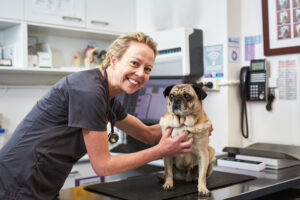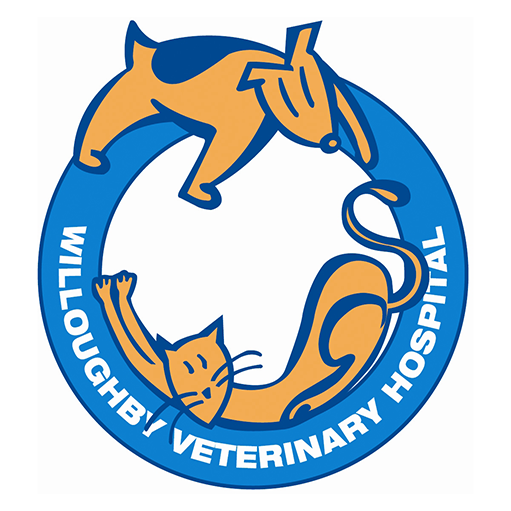
Leaving your pet at the clinic, even for a minor procedure, can be a source of concern for you as a pet owner. Much of this concern can
The following information is designed to increase your awareness of what is required and what occurs when your pet is admitted to
Pre-Surgery instructions
- Healthy dogs and cats over 4kg: no food after
10pm the evening prior and no water after 6.30am the morning of the surgery. - Kittens and puppies under 4kg: should be fed a small breakfast before 6.30am the day of the surgery.
- Preferred drop off time is between
8am and 9.30am the morning of the surgery. Please enquire about a later drop off time if your pet is anxious. - You can call us after 3pm to check on your pet’s condition.
- If your pet has a wound, you will not be able to bathe them for at least 10 days. Therefore, we recommend a bath before surgery if this is of concern to you.
Hospital Admission
On arrival you will be asked to complete a surgery consent form. This form has questions relating to your pet’s health and also estimated costs of the procedure.
All desexing surgeries and dental procedures include intravenous fluid therapy as outlined below. This has been excluded from some of our more basic procedures to make it more affordable to every client, however can be included upon request for an additional fee.
Extra Care Options
1. Fluid Therapy
Most drugs used for heavy sedation or general anaesthesia cause the patients’ blood pressure to drop. Undetected this can have serious effects on their cardiovascular system, and other organs most notably the liver and kidneys. The risk is increased if the patient is very young, is a senior, has a disease and if the procedure is invasive or lengthy. Intravenous fluid therapy provides an additional safety net by helping to maintain your pet’s blood pressure, which helps protect their vital organs, provides a rapidly available source of fluids in the event of an emergency and reduces recovery time.
Intravenous fluids are recommended in all patients undergoing a procedure estimated to be longer than 15 minutes and/or when pre-anaesthetic testing has been declined. It is highly recommended in all patients over 7 years (senior pets) and in patients with known health issues.
All desexing surgeries and dental procedures include intravenous fluid therapy at no extra cost.
2. Pre-anaesthetic Blood Tests
These tests provide information about how well your pet’s major organs (for example, liver and kidneys) are working so we can assess the safety and suitability of medications/anaesthetics prior to the procedure – especially important before their first general anaesthetic (usually desexing). Even in seemingly healthy dogs and cats,
Pre-anaesthetic blood testing is recommended for all pets undergoing general anaesthesia or heavy sedation, and highly recommended in all patients over 7 years of age or in patients with known health issues. Our in-house laboratory enables us to perform these tests in-house and receive results within half an hour.
Pain Relief Medication
Any surgical procedure may cause some
Any pet undergoing female desexing receives a second
